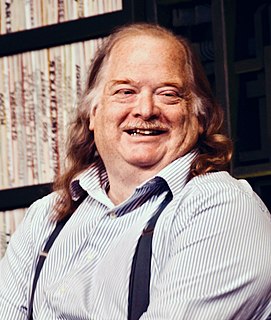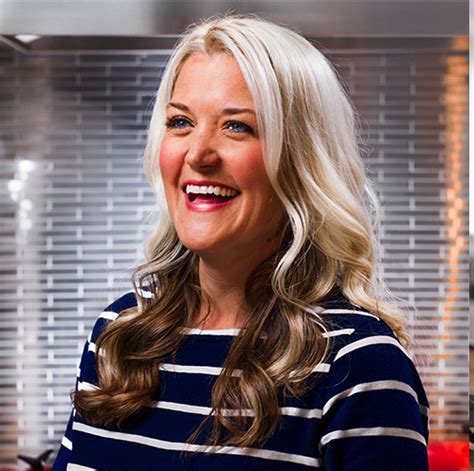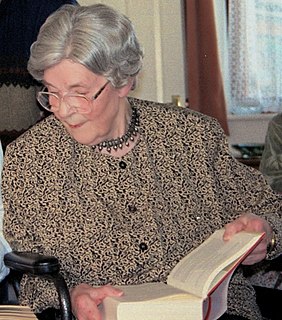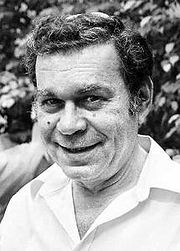A Quote by George Carlin
We spend the early years feeding our brains with information and the latter half trying not to think about it all.
Related Quotes
Cooking is what makes us human. For example, Chimpanzees spend eight to ten hours trying to feed themselves, they are occupied by it, eating basically indigestible things. Once our human ancestors learn to cook things, suddenly we didn't have to spend that much time on digestion, our brains expanded, and we think about other things.
There's a bigger question again about how to do prevention. It's not simply about putting out the early warning. The early warning was put out on Abyei; everybody knew that this was coming. This was intentional, and still it happened. So this idea that we fail to stop these things because there's not awareness about them, or that we need better early warning information, I'm increasingly skeptical of. I think it's about how you move that information into the policy process.
Data isn't information. ... Information, unlike data, is useful. While there's a gulf between data and information, there's a wide ocean between information and knowledge. What turns the gears in our brains isn't information, but ideas, inventions, and inspiration. Knowledge-not information-implies understanding. And beyond knowledge lies what we should be seeking: wisdom.
We're as clever as we think we are, but we'll be a lot cleverer when we learn to use not just one brain but to pool huge numbers of brains. We're at a level technologically where we can share information and think collectively about our problems. We do it in science all the time - there's no reason why we can't do it in other endeavors.
Many quantum physics are realizing or hypothesizing that consciousness is not a byproduct of evolution as has been suggested. Or for that matter, an expression of our brains, although it expresses itself through our brains. But consciousness is the common ground of existence that ultimately differentiates into space, time, energy, information and matter. And the same consciousness is responsible for our thoughts, for our emotions and feelings, for our behaviors, for our personal relationships, for our social interactions, for the environments that we find ourselves in, and for our biology.
My goal is very clear, and I wrote about it in Lean In, which is that women run half our companies and countries and men run half our homes. As much as I wish that could happen in four years, I don't think that's a likely time period. But I think it can happen sooner than we think. Part of it is having that aspiration and that goal. I think we too often suffer from the tyranny of low expectations.
If we reduce batch sizes by half, we also reduce by half the time it will take to process a batch. That means we reduce queue and wait by half as well. Reduce those by half, and we reduce by about half the total time parts spend in the plant. Reduce the time parts spend in the plant and our total lead time condenses. And with faster turn-around on orders, customers get their orders faster.

































